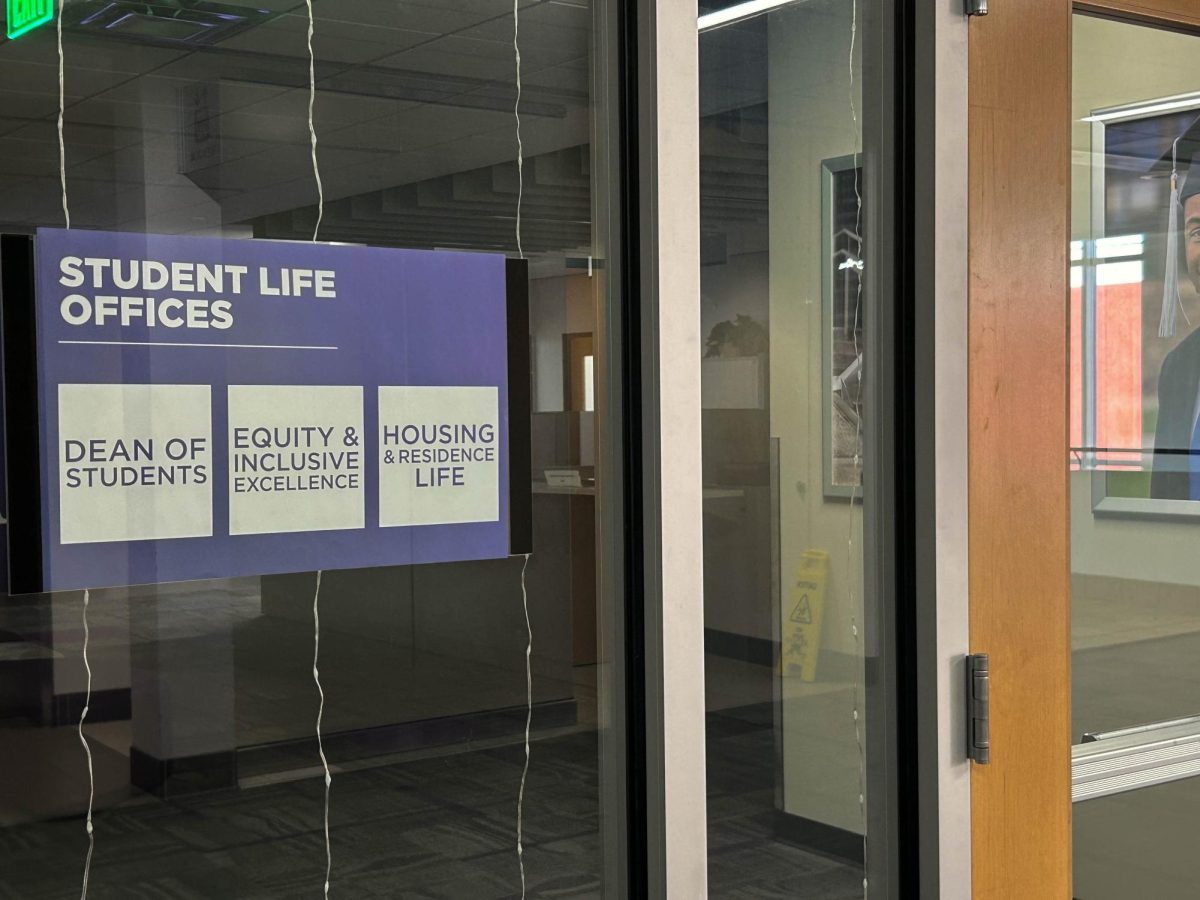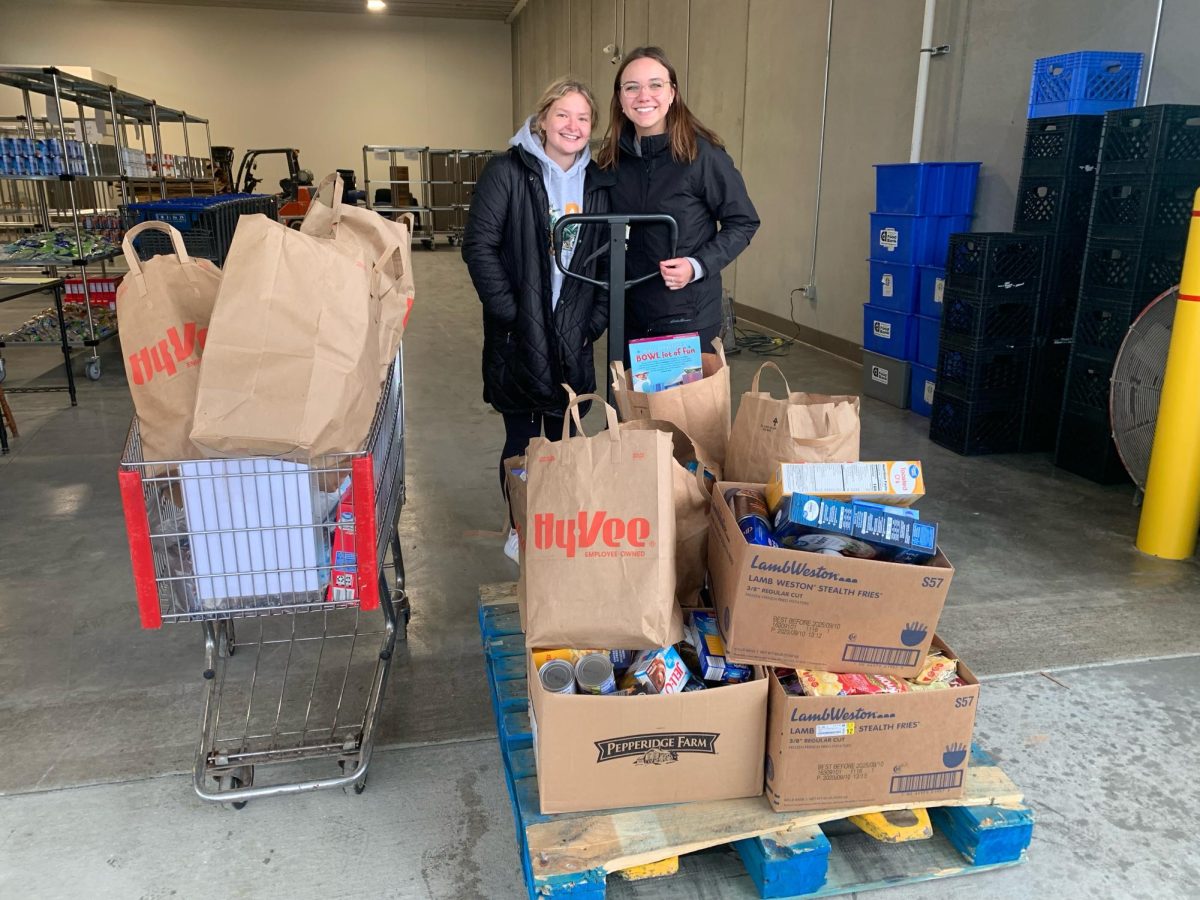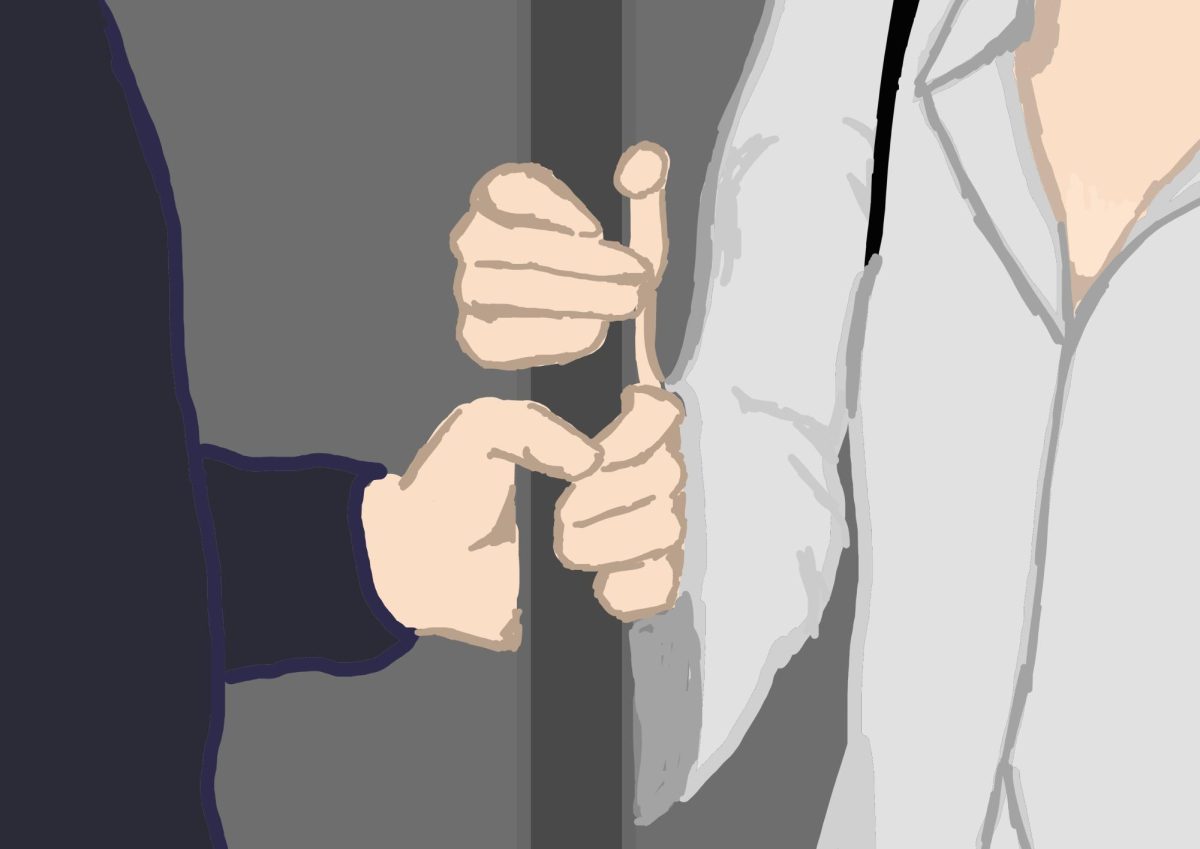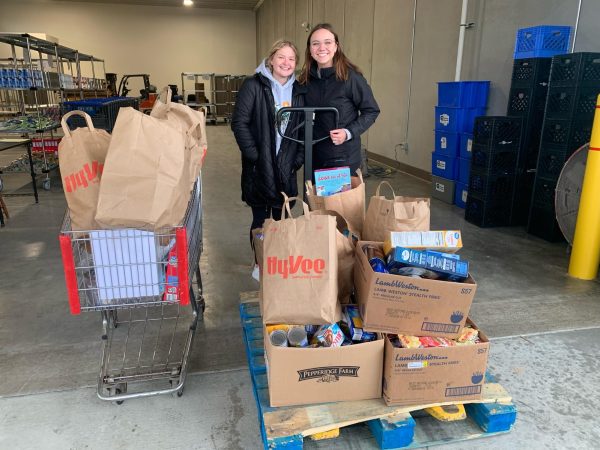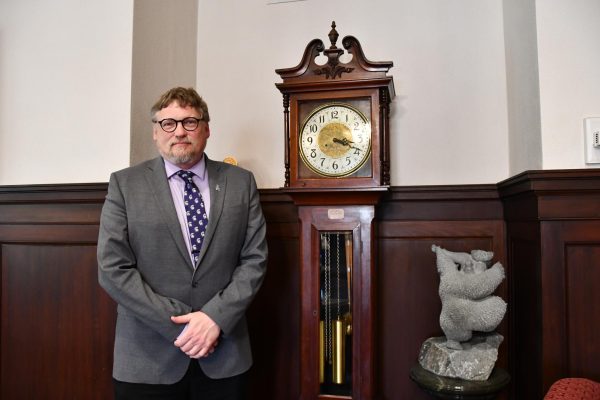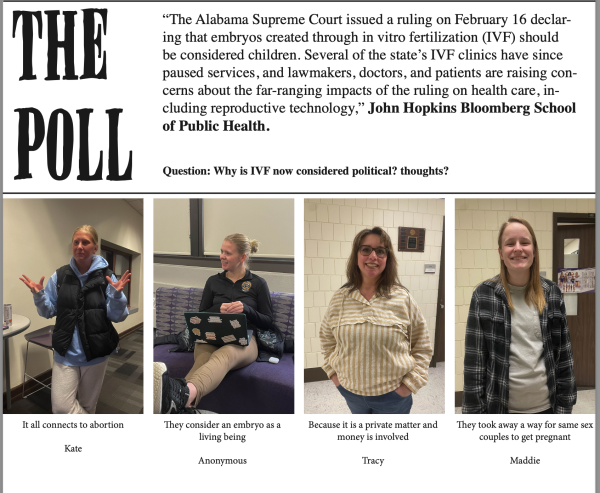What to expect in crisis counseling: Part III

April 8, 2020
While students are away from home and at college, they often rely on their friends more than their families, especially when in need. This means that during a mental health crisis or after a sexual assault, students may turn to their friends at Winona State University for help.
It is no wonder why students may rely more on friends during a crisis than parents or other family. According to a 2015 study conducted by American University, millennials grew up hearing more about mental health issues and are therefore less prone to perpetuating the stigma that earlier generations have. This means that students may see their friends as people who are less likely to judge them for having mental health issues than older people, such as parents.
Kateri Johnson, interim director of counseling services at Winona State, says that friends can be very helpful in influencing struggling students to seek help from the counseling office. However, there are some things students should know before telling their friends to seek help. First, she recommends that friends are the first line of support for students. Johnson sees people utilizing this tool, especially in the wake of student deaths.
“I think what a lot of people forget is that our supports, the people around us, are going to be the most important piece during those difficult times,” Johnson said. “Unfortunately, we’ve had campus deaths before and we have to remember that our supports are there for us. If you’ve been impacted by the WSU student death, [counseling is] not used a lot because at that time, when people are experiencing that loss, they’re leaning on their friends.”
That being said, Johnson said that sometimes friends can push too hard for someone struggling to seek help.
“’Crisis’ is a very subjective term,” Johnson said. “As a friend to someone, don’t push them. What you may see as a crisis, for them may not be, or vice versa. Friends can certainly plant the seed, and if you feel like a friend needs support, you can suggest, ‘Hey, have you thought about talking to a professional or you thought about going to counseling?’”
According to Johnson, there are limitations on what the counseling office can do for a student at the request of someone else. She says this sort of forced interaction may make the student feel angry with the counselor or the friend who called.
“If someone calls over here and says, ‘I’m concerned about the student’, we can’t reach out to them,” Johnson said. “We have a policy that we don’t do that because that can really rattle someone and they can be even more resistant to talking if a counselor calls them and says, ‘Hey, so-and-so is concerned about you’. Just because they’re not choosing to come in here, if we call them it doesn’t mean they’re going to all of a sudden open up.”
However, Johnson stresses that if the struggling student makes the decision to come in for crisis counseling and wants someone to come with, a friend is more than welcome to walk them to the office and wait with them.
“At the end of the day, it has to be the person asking for help to come in,” Johnson said. “But friends can be a crucial part of that process. Always reach out when, when you feel like you could really benefit from talking to a counselor.”





